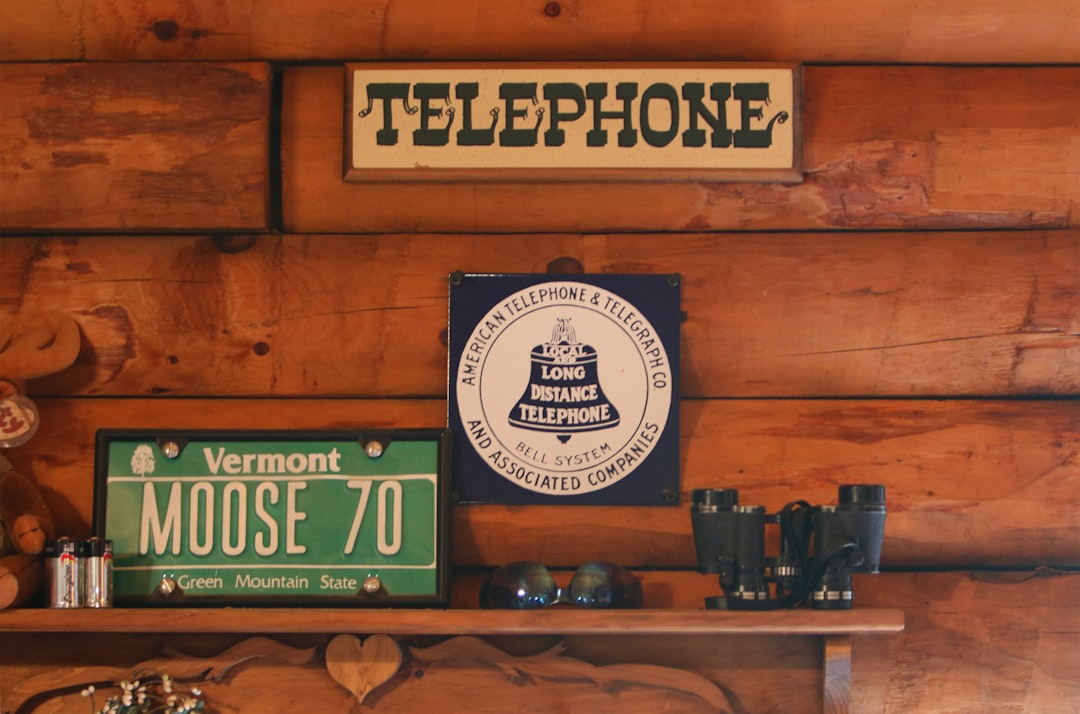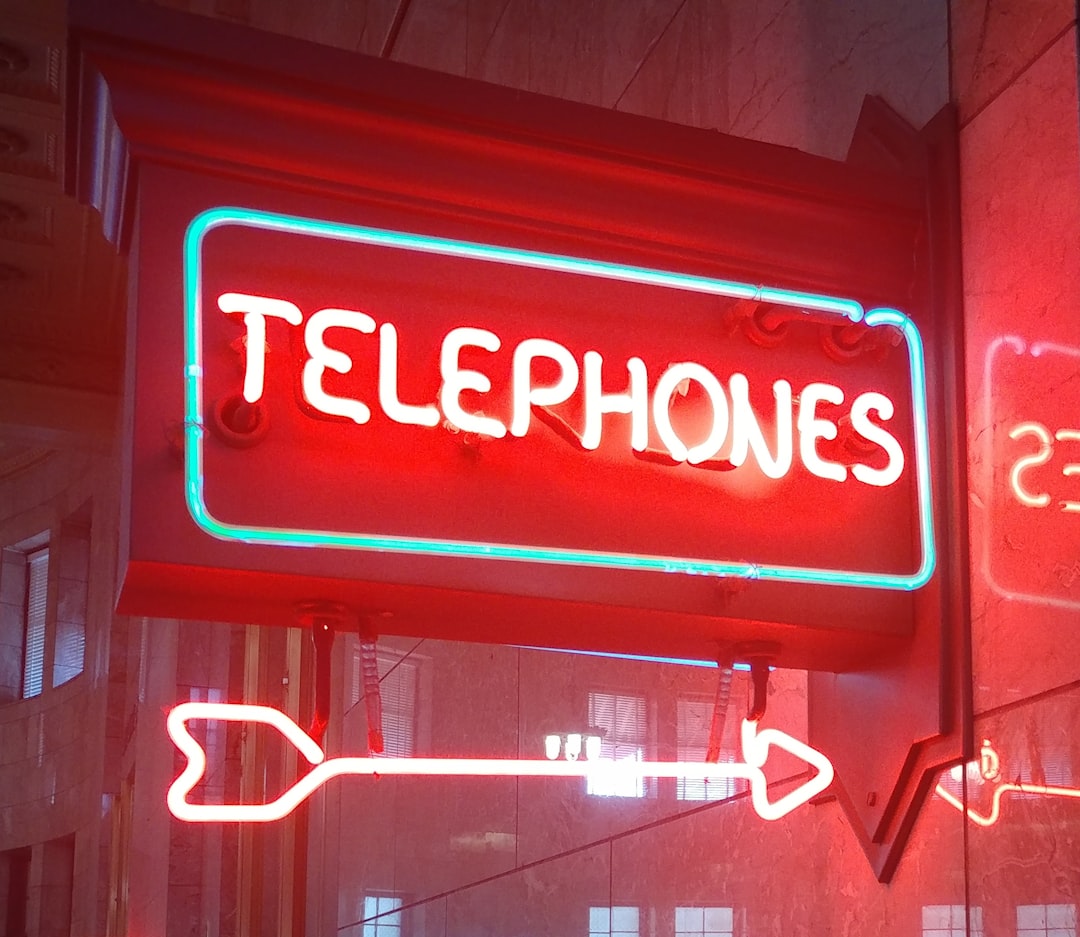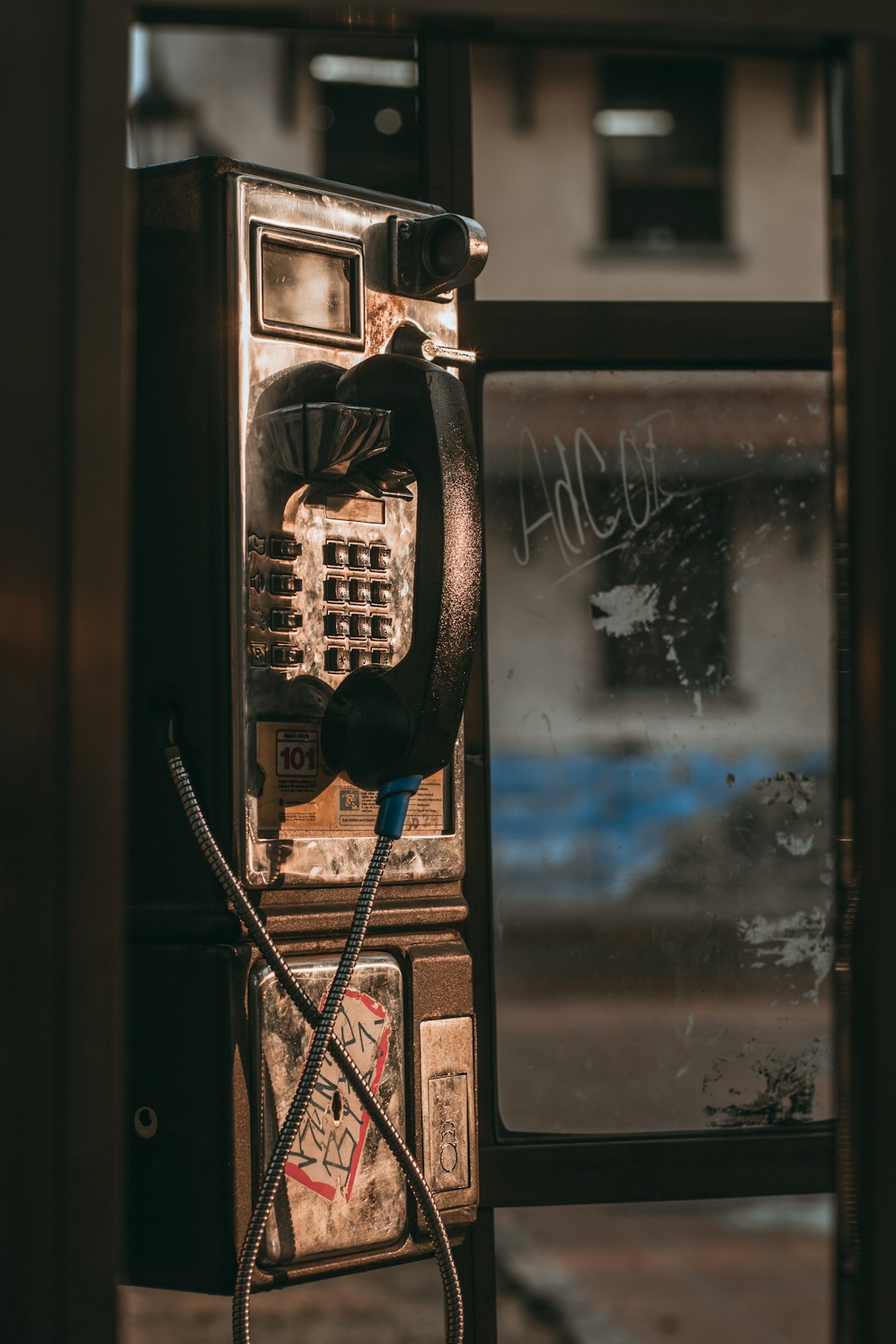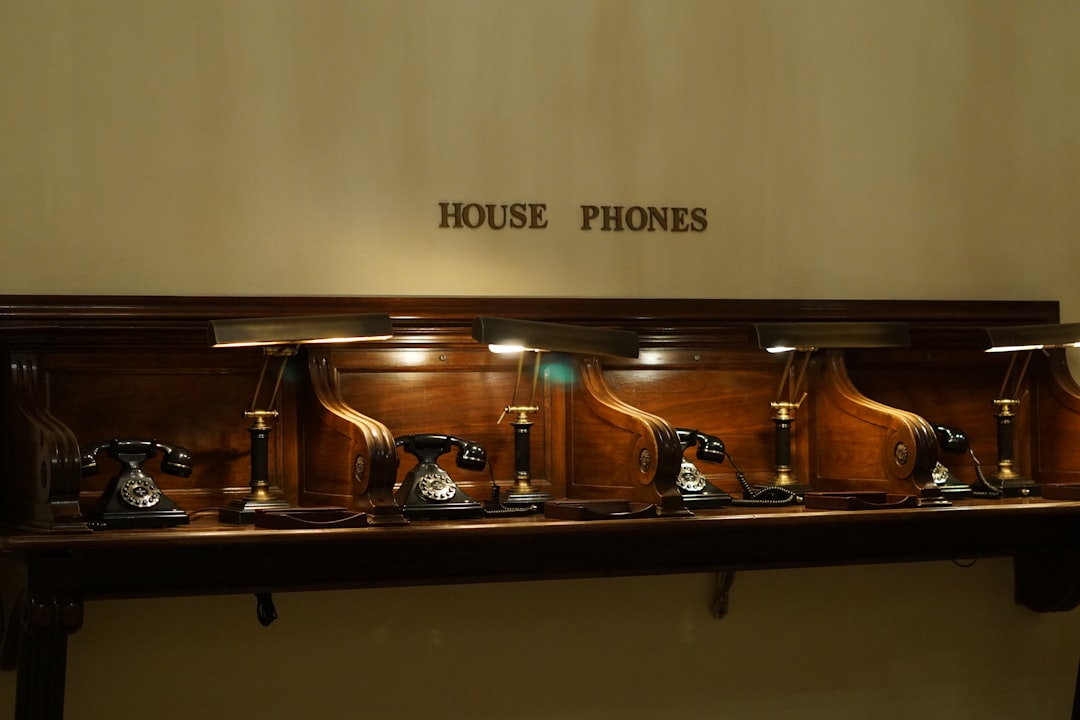In Maine, robocalls and spam texts are common nuisances protected against by the Telephone Consumer Protection Act (TCPA). Residents can take steps to protect themselves by registering with Do Not Call lists, staying cautious about sharing personal information, documenting suspicious calls, and reporting them. Specialized robocall lawyers in Maine offer guidance on navigating legal protections and taking action against unwanted communication. Promptly seeking help from a robocall lawyer or spam call attorney is crucial for protecting your rights and stopping intrusive messages.
In today’s digital age, Maine residents are increasingly targeted by robocalls and spam texts, making it crucial to understand how to identify and protect against these scams. This comprehensive guide delves into the world of robocalls and spam texts in Maine, explaining common tactics used by scammers. We explore Maine’s robust Do-Not-Call laws and enforcement mechanisms, empowering you with knowledge on your rights and best practices to safeguard against unwanted communication. For expert legal counsel, connect with a robocall lawyer or spam call law firm in Maine to ensure compliance and protect yourself.
Understanding Robocalls and Spam Texts in Maine
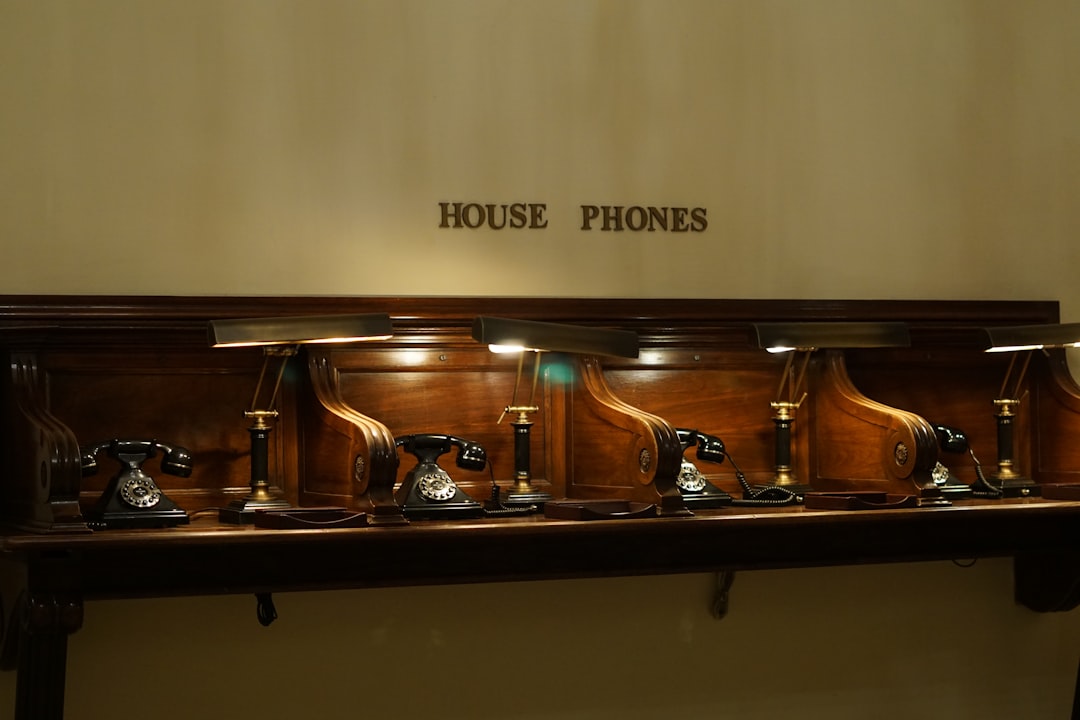
In Maine, as in many parts of the country, robocalls and spam texts have become a prevalent and often frustrating aspect of daily life. These automated communications, typically originating from call centers or unknown senders, are designed to blanket phone lines with marketing messages, scams, or fraudulent offers. While some may be harmless promotional attempts, others can signal illegal activities, including phishing, identity theft, and telemarketing fraud. Maine residents often receive these unwanted messages promoting everything from financial services to sweepstakes wins, but it’s essential to recognize the signs of a potential scam.
Understanding the legal framework surrounding robocalls and spam texts is crucial for any Maine resident facing excessive or unlawful communication. The Telephone Consumer Protection Act (TCPA) provides significant protections against such intrusions, limiting how businesses can contact consumers via telephone. A robocall lawyer in Maine or an experienced spam call attorney can help individuals navigate their rights under this law and take action if their privacy has been violated. If you’re tired of unsolicited texts or calls, consulting a Do Not Call law firm in Maine might be the first step towards reclaiming your communication space.
Identifying Red Flags: Common Scams and Tactic
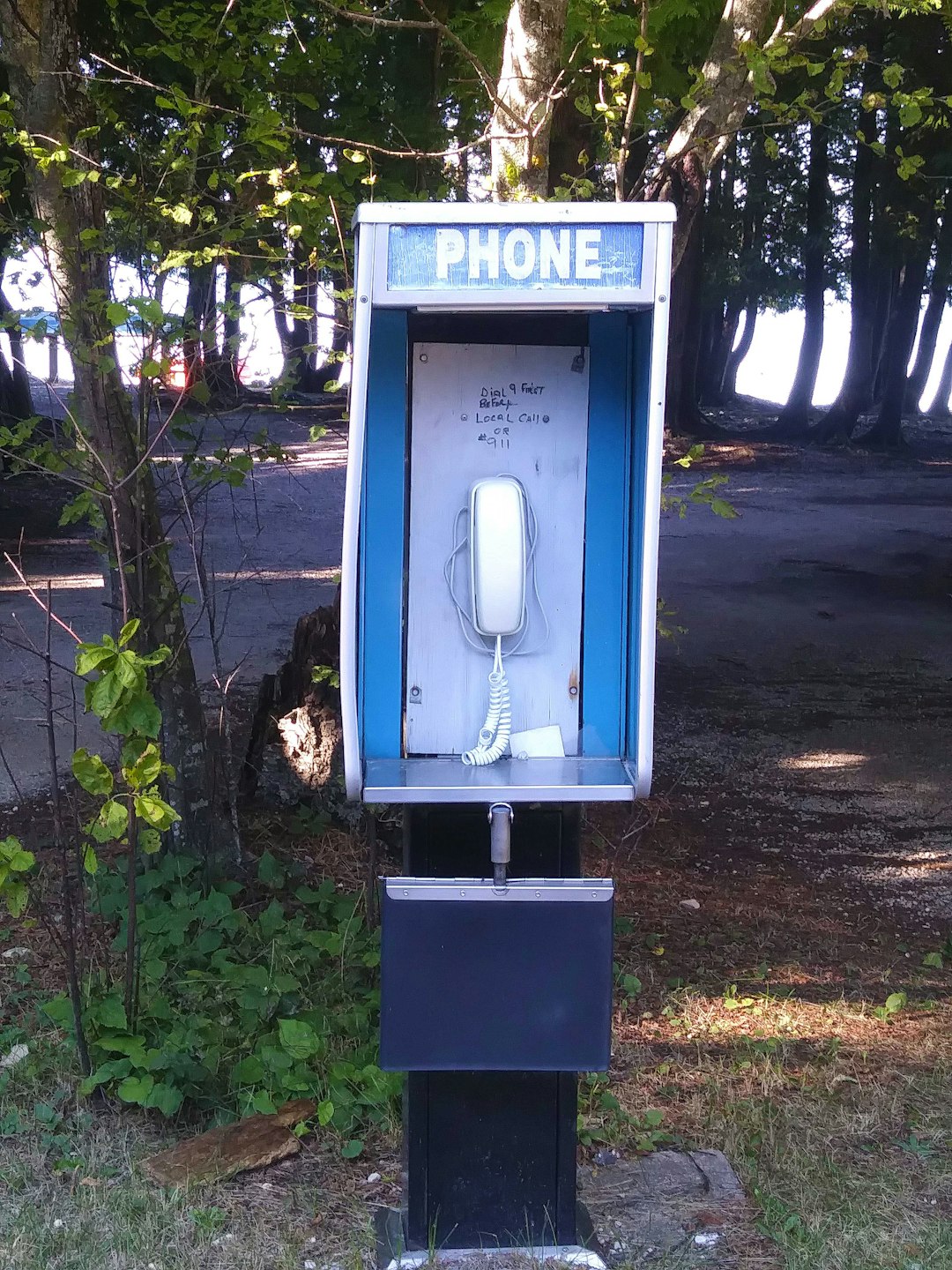
Recognizing red flags is a vital step in protecting yourself from scams through texts and calls. Common tactics employed by scammers often include robocall lawyers or attorneys, where automated systems make mass calls, attempting to trick recipients into providing personal information. These spam calls may claim to be from reputable law firms, warning of legal issues or offering fake rewards, urging immediate action. Another tactic is unsolicited texts, claiming to be from your bank or a government agency, demanding urgent action with threats of consequences.
Scammers often use urgency and fear to manipulate victims, so it’s crucial to remain calm and verify any suspected scam. Robocall laws in Maine provide some protection, but staying informed is key. Always question unexpected calls or texts from unknown numbers, and never share personal details unless you’ve initiated the contact and are certain of the recipient’s legitimacy. Consider registering with the Do Not Call registries for both voice calls and text messages to limit unwanted communication from law firms or any other entities.
Legal Framework: Maine's Do-Not-Call Laws and Enforcement

In Maine, the fight against scams and unwanted communication has been strengthened by robust legal frameworks, particularly the Do-Not-Call laws. These regulations are designed to protect residents from relentless robocalls and spam texts, ensuring a quieter and safer environment for Mainers. The state’s enforcement agencies actively monitor compliance, leveraging penalties to deter violators.
Maine’s Do-Not-Call Laws not only prohibit unsolicited calls but also offer provisions for reporting and redress. Consumers who experience excessive or unwanted phone calls can file complaints with the Maine Attorney General’s Office, which has the authority to investigate and take legal action against offending entities. This strict enforcement has encouraged robocall lawyers and attorneys in Maine to specialize in defending clients against such violations, providing expert guidance on navigating the complex web of spam call laws and ensuring citizens’ rights are upheld.
Your Rights: What to Do When You're Targeted
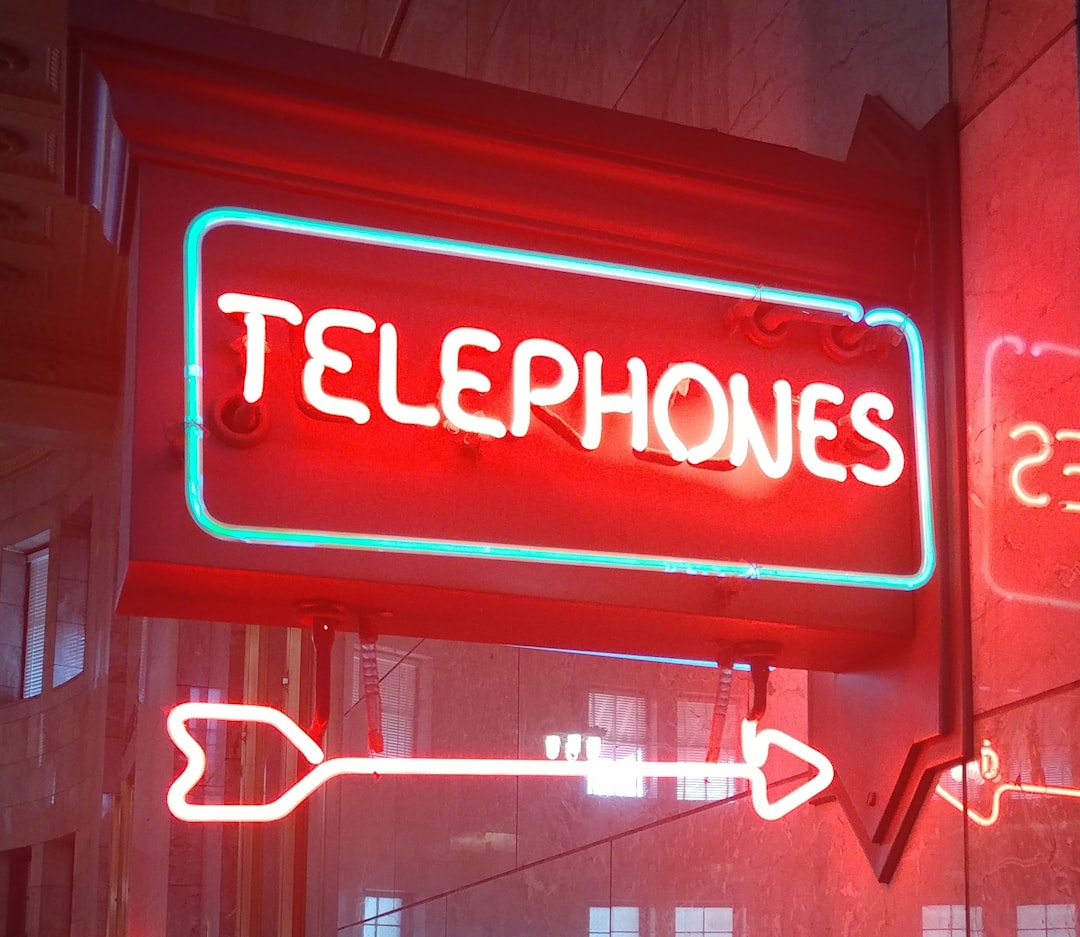
If you’ve been targeted by robocalls or spam texts in Maine, know that you have rights protected by state and federal laws. The Telephone Consumer Protection Act (TCPA) restricts how businesses can contact consumers via phone, including robocalls and automated text messages. In Maine, the Do Not Call Registry helps prevent unwanted calls, but it doesn’t always stop all spam. If you receive harassing or abusive calls, or are unsure about your rights, consider consulting a robocall lawyer in Maine. These legal professionals specialize in representing victims of telemarketing fraud and can guide you on the best course of action, whether that involves filing a complaint with the Federal Trade Commission (FTC) or taking legal recourse.
When faced with unwanted calls or texts, don’t hesitate to take action. Document the calls by recording them (if allowed by law) or keeping detailed records of the messages and caller information. This evidence can be crucial if you decide to pursue legal action against the culprits. Additionally, report the spam calls to your local Do Not Call law firms in Maine and the FTC. Many robocall attorneys in Maine offer free initial consultations, so don’t delay in seeking help to protect your rights and stop unwanted intrusions into your personal space.
Protecting Yourself: Best Practices for Avoiding Scams
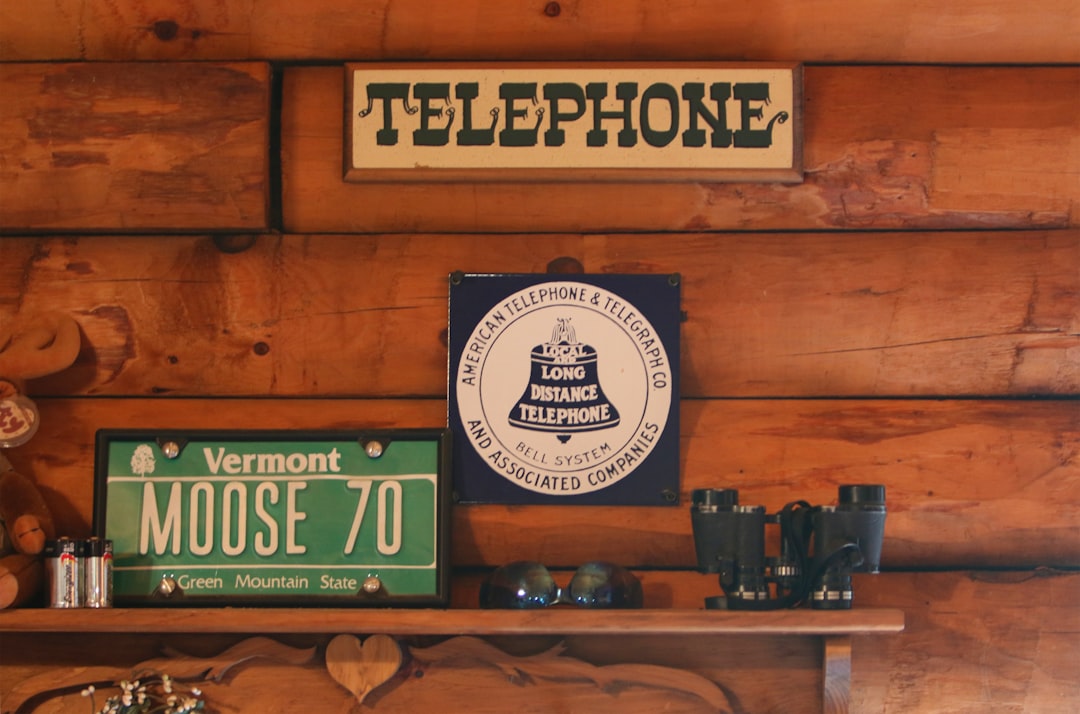
Protecting yourself from scams through texts and calls is crucial in today’s digital age. In Maine, where robocalls and spam calls are prevalent, it’s important to know your rights and best practices. One effective step is to register for the Do Not Call List, which can significantly reduce unwanted communications. Engage a robocall lawyer or attorney in Maine who specializes in these issues; they can offer guidance on dealing with persistent spam calls and help you understand the state’s robocall laws.
Additionally, be cautious when sharing personal information over the phone or via text. Never provide sensitive details unless you’ve initiated the call and are certain of the recipient’s identity. Most reputable organizations will not pressure you for immediate responses or ask for PINs or passwords through text messages. If you receive suspicious calls or texts, document the interaction and report it to your local law enforcement agency or a trusted robocall lawyer in Maine. This proactive approach can help protect you from potential scams and ensure that others are also aware of such fraudulent activities.
